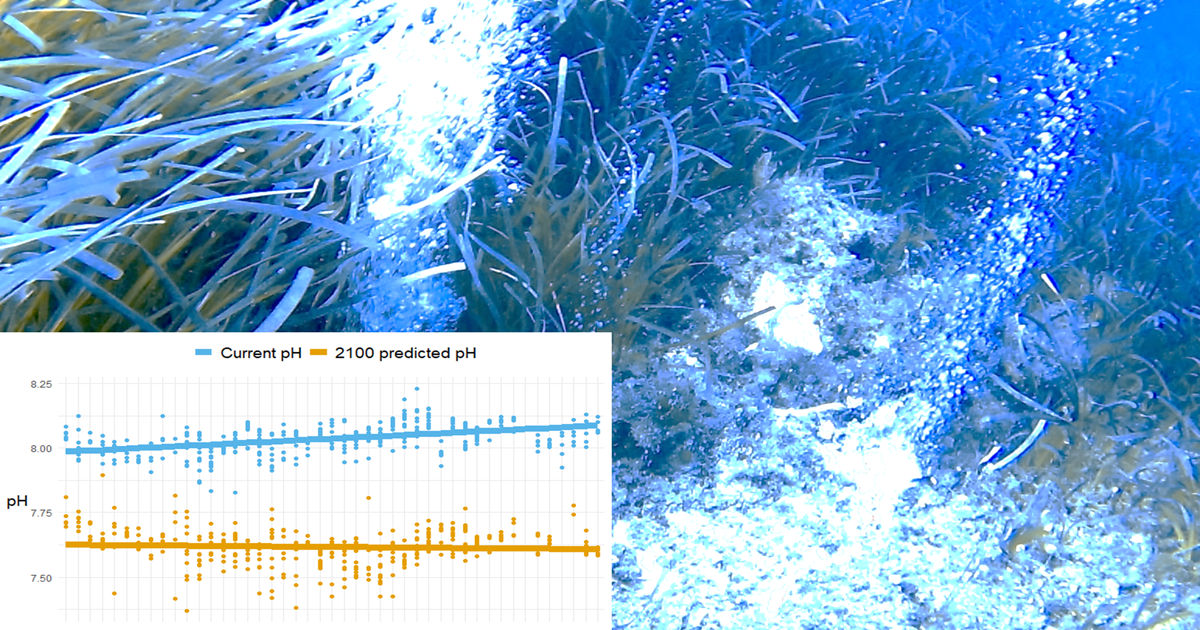Responses of Marine Invertebrates to Ocean Acidification: From Molecules to Organism
A special issue of Journal of Marine Science and Engineering (ISSN 2077-1312). This special issue belongs to the section "Marine Biology".
Deadline for manuscript submissions: closed (31 December 2021) | Viewed by 10264

Special Issue Editors
Interests: bivalves; haemocytes; immunomarkers; stress response; emerging contaminants
Special Issues, Collections and Topics in MDPI journals
Interests: bivalves; sea urchins; biomarkers; seawater acidification; emerging contaminats; Ecology, Hydrobiological , ecological disciplines (currently Marine Ecology and Marine Ecotoxicology) for undergraduate and graduate levels in Biological Sciences, Natural Sciences, Biology and Marine; the impacts of fishing and climate changes on bivalve species
Special Issues, Collections and Topics in MDPI journals
Special Issue Information
Dear Colleagues,
Ocean acidification (OA) is occurring at a rate never recorded from the beginning of the Industrial Revolution. OA is the result of human-driven increased levels of carbon dioxide in the atmosphere, that in turn are a consequence of fossil fuel burning and deforestation. Although the capability of seawater to absorb CO2 from the atmosphere is beneficial in terms of limiting increases in atmospheric CO2 levels, relevant changes may occur in the ocean chemistry, such as lowering of seawater pH and carbonate saturation. Decreased ocean pH has the potential to affect biological responses of living organisms, calcifying marine species in particular. In this context, it is crucial to investigate the effects of OA on marine biota.
In this Special Issue, we call for review and original research papers focused on the effects of ocean acidification to marine organisms, from molecule to organism level. Results of both field and laboratory studies are welcome.
Prof. Dr. Valerio Matozzo
Prof. Dr. Maria Gabriella Marin
Guest Editors
Manuscript Submission Information
Manuscripts should be submitted online at www.mdpi.com by registering and logging in to this website. Once you are registered, click here to go to the submission form. Manuscripts can be submitted until the deadline. All submissions that pass pre-check are peer-reviewed. Accepted papers will be published continuously in the journal (as soon as accepted) and will be listed together on the special issue website. Research articles, review articles as well as short communications are invited. For planned papers, a title and short abstract (about 100 words) can be sent to the Editorial Office for announcement on this website.
Submitted manuscripts should not have been published previously, nor be under consideration for publication elsewhere (except conference proceedings papers). All manuscripts are thoroughly refereed through a single-blind peer-review process. A guide for authors and other relevant information for submission of manuscripts is available on the Instructions for Authors page. Journal of Marine Science and Engineering is an international peer-reviewed open access monthly journal published by MDPI.
Please visit the Instructions for Authors page before submitting a manuscript. The Article Processing Charge (APC) for publication in this open access journal is 2600 CHF (Swiss Francs). Submitted papers should be well formatted and use good English. Authors may use MDPI's English editing service prior to publication or during author revisions.
Keywords
- Ocean acidification
- Marine animals
- Marine algae
- Stress responses
Benefits of Publishing in a Special Issue
- Ease of navigation: Grouping papers by topic helps scholars navigate broad scope journals more efficiently.
- Greater discoverability: Special Issues support the reach and impact of scientific research. Articles in Special Issues are more discoverable and cited more frequently.
- Expansion of research network: Special Issues facilitate connections among authors, fostering scientific collaborations.
- External promotion: Articles in Special Issues are often promoted through the journal's social media, increasing their visibility.
- e-Book format: Special Issues with more than 10 articles can be published as dedicated e-books, ensuring wide and rapid dissemination.
Further information on MDPI's Special Issue polices can be found here.






